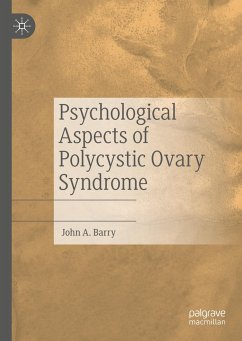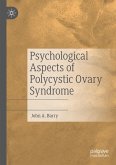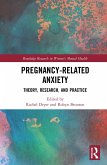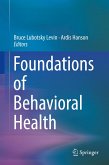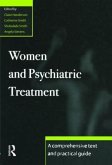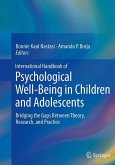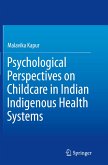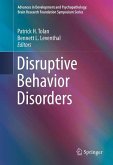This book provides an overview of the latest knowledge of the psychological aspects of polycystic ovary syndrome (PCOS), and paves the way for advances in this rapidly evolving field. Taking an evidence-based approach, the book elucidates the ways in which PCOS causes anxiety and depression, impacts Quality of Life (QoL), and is associated with other psychological issues. The psychological impact of key features of PCOS are explored too, with a special focus on insulin resistance / diabetes, and fertility issues. The book concludes with a chapter on practical recommendations on how best to help with anxiety and depression in PCOS.
An important feature of this book is its identification of the ways in which testosterone, a defining characteristic of PCOS, impacts psychology. In doing so it fills a lacunae in current research and offers evidence that maps out the complex ways in which biology impacts psychology in PCOS, and also how psychology can be harnessed to impactbiology in a positive way. It will appeal in particular to scholars and clinicians in the fields of health psychology and women's health.
An important feature of this book is its identification of the ways in which testosterone, a defining characteristic of PCOS, impacts psychology. In doing so it fills a lacunae in current research and offers evidence that maps out the complex ways in which biology impacts psychology in PCOS, and also how psychology can be harnessed to impactbiology in a positive way. It will appeal in particular to scholars and clinicians in the fields of health psychology and women's health.

